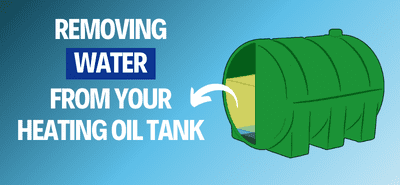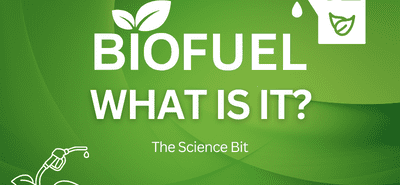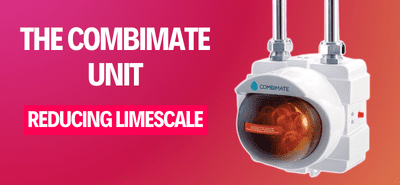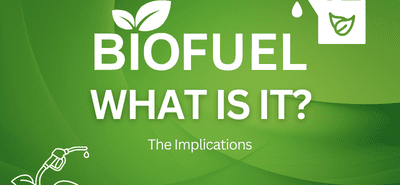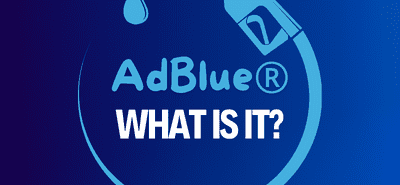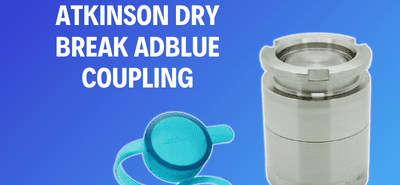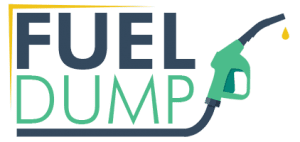The Importance of Clean Fuel – Fuel Tank Filters Explained
Contaminated Fuel
During the fuel delivery process there are several stages which fuel can become contaminated. Fuel can appear clean to us but in fact be contaminated with small particles like debris, dirt or dust. Therefore, it is important to note that even the tiniest elements can lead to significant issues. Contaminated fuel can damage pumping equipment such as vanes and other elements inside the pump. The insides of the vehicles being refuelled can also be damaged, to prevent all of this fuel tank filters are used.
As well as particles like debris and dust, water can also contaminate fuel due to the higher bio-content. This can happen in bulk tanks, small amounts of water sit at the bottom of the tank and can cause problems within it. When water gets into a fuel tank, it creates a separation between the fuel and water. This makes the environment habitable for bacteria known as ‘bugs in fuel’ that develop and feed, as a result creating bio-film or sludge. Refuelling vehicles or machinery with this problem can cause internal damage.
It is important to consider when responsible for a fuel transfer system that it includes a fuel tank filter or filtration system to reduce problems arising.

Types of Fuel Tank Filters
There are many different types of fuel tank filters. One difference is the size of the particles that they can filter, this is measured in microns. For example, the lower the micron rating the smaller the particles it can filter out. These filters can filter out particles such as extremely small debris and larger particles. Therefore making them the better range with a more comprehensive level of filtration. In some circumstances vehicle manufacturers claim a warranty must meet a certain level of filtration for it to be valid.
As water and particles are the two types of fuel contamination, using both water and particle filters within a refuelling system is beneficial. This reduces the risk of both types of contamination greatly. Particle filters are only designed to filter particles and cannot absorb any water. However, water filters can remove a certain level of particles but are not as efficient as a purpose made particle filter.
Another difference between filters and one to consider is the flow rate. When choosing a fuel tank filter it must be compatible with the refuelling system. An example of this is if a refuelling systems flow rate is 95lpm the potential filter must have a flow rate range that can handle 95lpm. If the flow rate on the refuelling system is higher than the fuel tank filters flow rate it will not run efficiently and will cause issues within the system. Gravity fed installations enable specifically designed fuel tank filters to also cope with very low flow rates.

Absolute Filters
Only in very specific circumstances absolute filtration is necessary. This is usually when the risk of damages vehicles and equipment downtime is too high or expensive.
As we already know filters use micron ratings to determine the size of the particles it can remove. Additional to this they can looked at in terms of their efficiency. This involves the percentage of particles the filters removes from the fuel. Just the micron rating in standard or ‘nominal’ filters is sufficient enough for most applications. However, absolute filters are 99.95% efficient which means that they are extremely thorough. For example, a 10 micron absolute filter will filter out 99,950 out of 100,000 10 micron particles. To ensure this there is an ISO standard for diesel fuel cleanliness of ISO 14/13/11.
Please see our online store for our range fuel filters.


